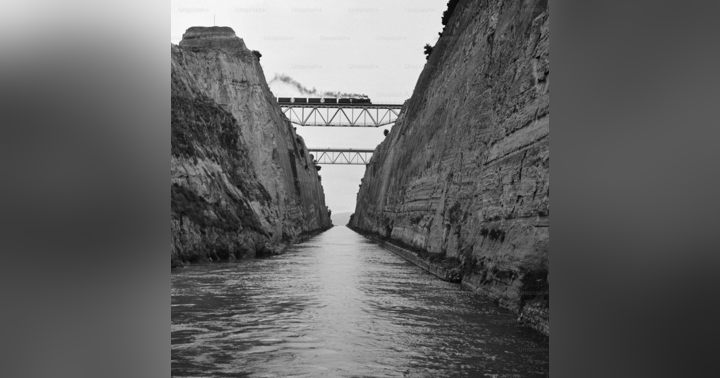Who Gets to Call It a Scam?

Content warning: This post discusses residential school deaths, unmarked graves, and the legacy of colonial violence. Please take care while reading.
In April 2025, two BC MLAs—Tara Armstrong and Dallas Brodie—stood up in the provincial legislature and called reconciliation a “scam.” They claimed Indigenous land rights were “unfounded” and painted reconciliation efforts as part of a bloated, self-interested industry.
This wasn’t just another political cheap shot. It was a carefully chosen narrative—a rhetorical trick that’s gaining traction across Canada.
When Indigenous communities assert their rights, when nations call for Land Back, or when survivors demand truth and reparations, the backlash often takes the form of accusation: You're the ones being divisive. You're the ones exploiting the system.
The goal is to flip the moral script.
Suddenly, it's not the colonizer who stole land—it’s the Indigenous nation demanding accountability who’s portrayed as greedy.
Suddenly, it’s not the state that abandoned thousands of children in unmarked graves—it’s the people who speak about it who are accused of "dwelling on the past."
This is one face of denial—not loud rejection but quiet reversal. It’s settler fragility dressed up as fiscal responsibility. It’s colonialism in a business suit, claiming to be just asking questions.
But let’s talk about what reconciliation actually costs.
According to Volume 4 of the Truth and Reconciliation Commission’s Final Report, at least 3,200 children died in residential schools. Nearly half of those deaths had no documented cause. In one-third of cases, their names weren’t even recorded. No effort was made to return their bodies home. Many lie in forgotten cemeteries—if their graves were marked at all.
In 2009, the federal government refused to fund the TRC’s full investigation into these missing children. The Commission asked for $1.5 million to finish the work. Ottawa said no.
When survivors spoke of classmates who never came back, they weren’t exaggerating. The TRC created the first national register of student deaths. It’s still not complete.
And the most basic questions—Who died? Why? Where are they buried?—still haven’t been fully answered.
So when someone calls reconciliation a “scam,” ask yourself: Who benefits from ending the conversation?
Who benefits from cutting off funding for gravesite searches, or legal support for Land Back efforts, or Indigenous-led education?
It’s not Indigenous communities.
It’s those who fear what true reconciliation would require.
It’s those who don’t want to know where the children are buried—because they already know who put them there.
Learn More
🎧 This post is a companion to Episode 5 of Reconsidering Canada, titled “The Reconciliation Industry?”
In that episode, we unpack the backlash, challenge denialism, and expose how political language is being used to protect colonial interests. You can listen here or on any podcast platform.
Because reconciliation isn’t a scam. It’s a responsibility.




